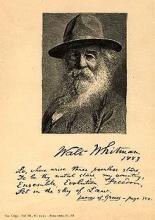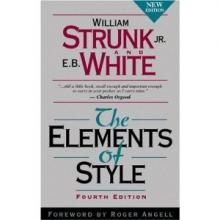It's All About Attitude: Being Grateful
While we will all have bad clients, bad jobs or bad days, being a writer is such a blessing that the good should always outweigh the bad. If you are writing because it is truly what you love, each day should be filled with something positive. Sure, things happen that can really shake your confidence. Sometimes work you think is nearly perfect is rejected by a client because they just can’t stand it. Most of us have been there.
But how often do you think about the wonderful opportunity writing can be? All my life, I never really knew what I wanted to be when I grew up. Once I discovered freelance writing, I knew I had found my calling. Each day, despite the roller coaster this job can be, I wake up looking forward to my job and the way of life it represents. I think this makes a big difference in how well I can write and serve my clients.
So when it starts to become overwhelming, and you feel yourself sliding into a slump, stop and think about why you began writing in the first place. Think of what you gain from being a writer. For me, it is spending time with my family, seeing my husband whenever I want to, and not being a slave to someone else’s greedy demands.
What are you grateful for in your writing career?









